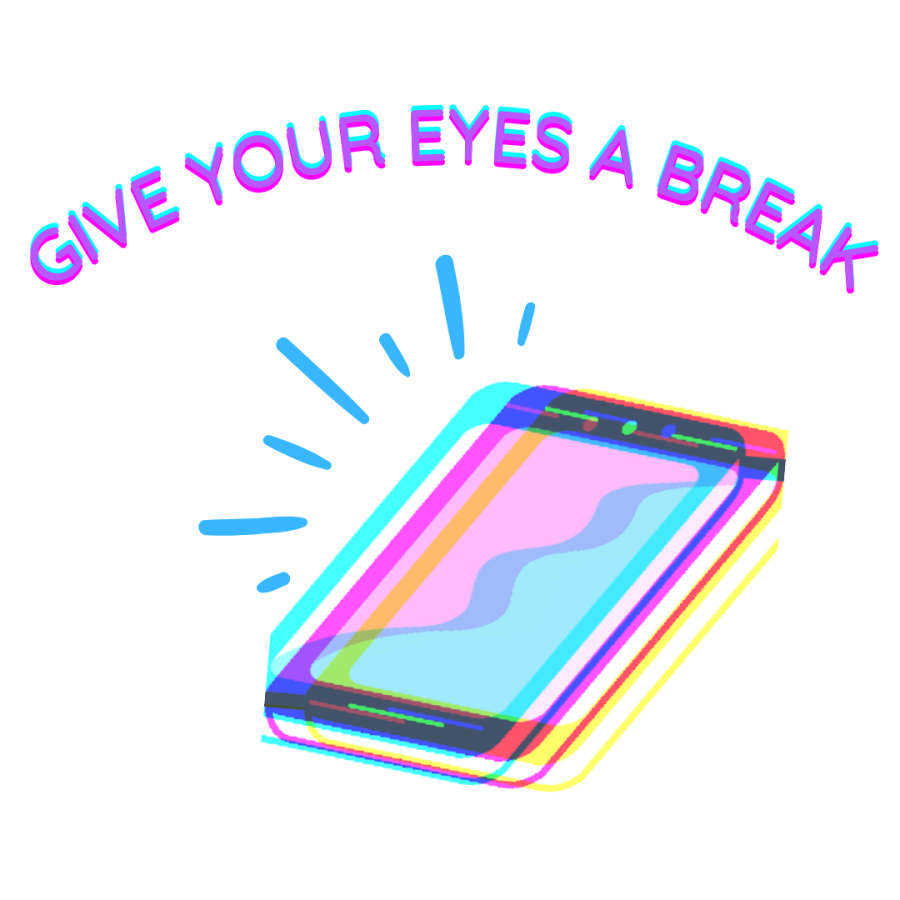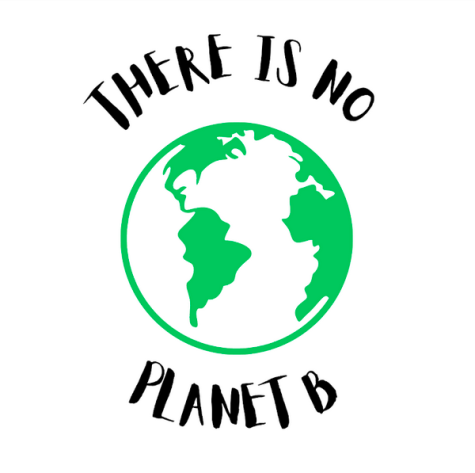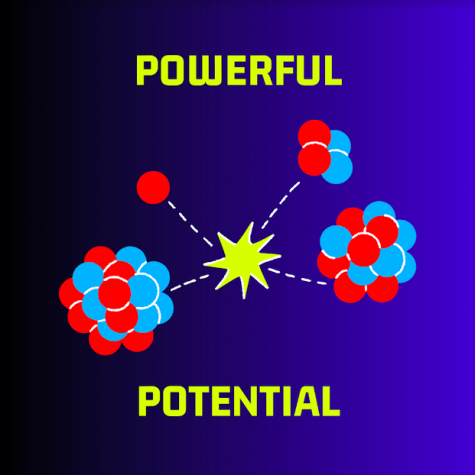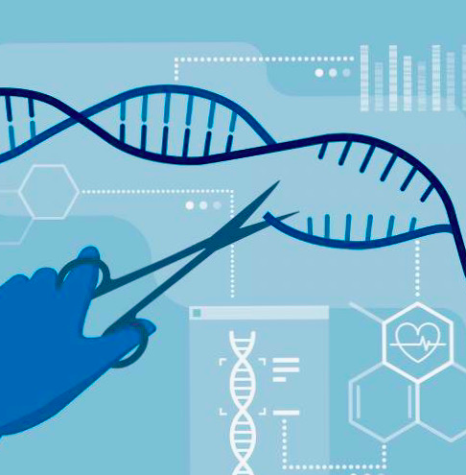SCITECH: Put your phone away
Your mom isn’t overreacting when she tells you to put your phone away before bed.
The Vision Council, an optical research organization, states that more than 80% of Americans use their digital devices more than two hours a day. While your weekly screentime report is probably a bit higher than this number, this is still a significant amount of time that you shouldn’t ignore.
Two hours is 1/12th of your day – how much time have you wasted on a device, and what kind of cost are you expending on your eyes?
How bad is blue light? Let’s shed some light on the matter.
Blue light is a wavelength that is most beneficial during the daytime, as it stimulates better attention and mood. However, exposing your eyes to this late at night or when you’re trying to go to bed is not in your best interest.
Before conventional artificial lights, when the sun went down, that was it in terms of light exposure. With digital screens keeping us up later and later, this much light is bound to catch up with us.
Potential damage to our retinas, reduction in REM sleep and mood changes — the list adds up when it comes to the dangers of too much blue light.
If your screentime reaches an all-time high regularly like the rest of the world, consider some of the changes you can make below before it’s too late.
Why are my eyes so tired?
Have you ever experienced tiredness even after you’ve had your full eight hours? In most cases, it’s your eyes.
Our eyes play a huge role in how alert we are to our surroundings and how we go about our day. If we neglect them, it will reflect in our ability to feel like ourselves during daily tasks.
Digital eye strain is something that has become more prevalent as lengthy exposure to screens is normalized. Do you notice how we mostly never use pens and paper in school anymore, with professors pointing us toward digital assignments and presentations to take notes?
If you look around your classroom, you’ll see more iPads than notebooks. Yes, this is normal as we progress toward a society that is more electronically driven, but our eyes are paying the price.
What is digital eye strain? If you experience headaches, dry eyes, blurred vision and neck or back aches after using your device for an extended amount of time, you can say that you have it. Almost two out of every three Americans report symptoms of eye strain, with those aged 10-17 stating that they experience itchiness and burning sensations of the eye after using a device for too long.
How can you help the symptoms?
- Use the 20-20-20 rule: look 20 feet away for 20 seconds every 20 minutes
- Make sure you’re blinking (yes, really)
- While it may make you look mysterious and cool, keeping yourself in total darkness with only your screen lighting up your face is not cool. Proper lighting is key, even if it means that annoying big light in your room has to stay on.
- If you notice that you experience eye strain regularly, not just after using digital devices, consider going to the eye doctor. Blue light filters have become the norm in new glasses prescriptions, and this may be the best choice for you.
Better sleep is in sight
Yes, your mom is correct for getting after you. While it may be tempting to scroll through TikTok or Twitter or even to binge-watch the latest episodes of Bridgerton late at night, if you’re wanting to sleep soon after, kiss that idea goodbye.
Prolonged exposure to blue light before bed may actually delay the release of melatonin, as one clinical study investigates. Melatonin is a hormone produced by the body in response to darkness, helping with the production of your natural sleep schedule — also called your circadian rhythm.
While supplements can help if you’re experiencing occasional insomnia, this can’t last forever. If you want better sleep, consider shutting off your phone at least 30 minutes before you plan on finally hitting the hay.
Still having trouble quieting your mind? Pick up that book that’s been collecting dust on your dresser – there are ways to satiate your need for knowledge before bed without making your sight suffer.
Blue light glasses – are they worth it?
As previously mentioned, some glasses can actually have a blue light filter added to their prescription. (I speak from experience!) But how much of a difference does it make, really?
Some double-blinded studies report participants experience less-severe eye strain with blue light glasses, but the results aren’t that statistically significant. In most cases, it is merely a combination of reduced screen time and the addition of the filters – as these two factors work in tandem, the best outcomes of reduction are as a result of the combo.
If you’re unable to get blue light glasses for yourself, your device’s “nightshift” can do wonders. While an orange-ish glow to your screen may not be the most aesthetically pleasing, your eyes will thank you in the long run.
As our society shifts to an even more digital environment, it is important to remember the costs we pay for our benefits, including the additional strain we put on our eyes to keep up. Reduce your screen time when you can – even if that means deleting the app, as time-limits never really seem to work out in the end.
If you have the means to add a blue filter to your life, whether it’s through glasses or an addition to your device, do it! You may (and very likely will) experience better sleep and a new outlook on life with well-rested eyes.
Last but certainly not least, thank your mom – she’s just looking out for you!








